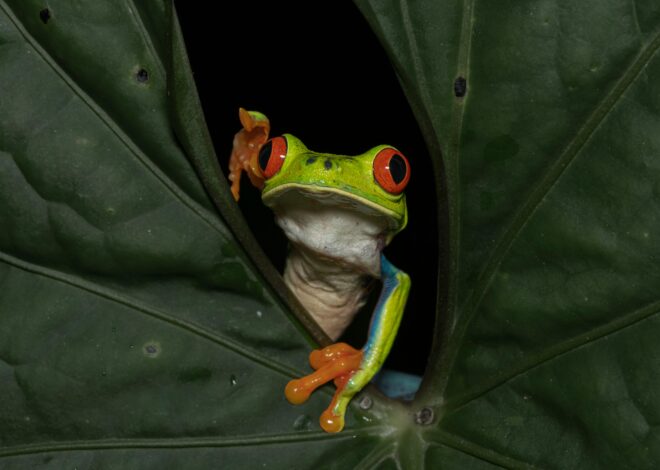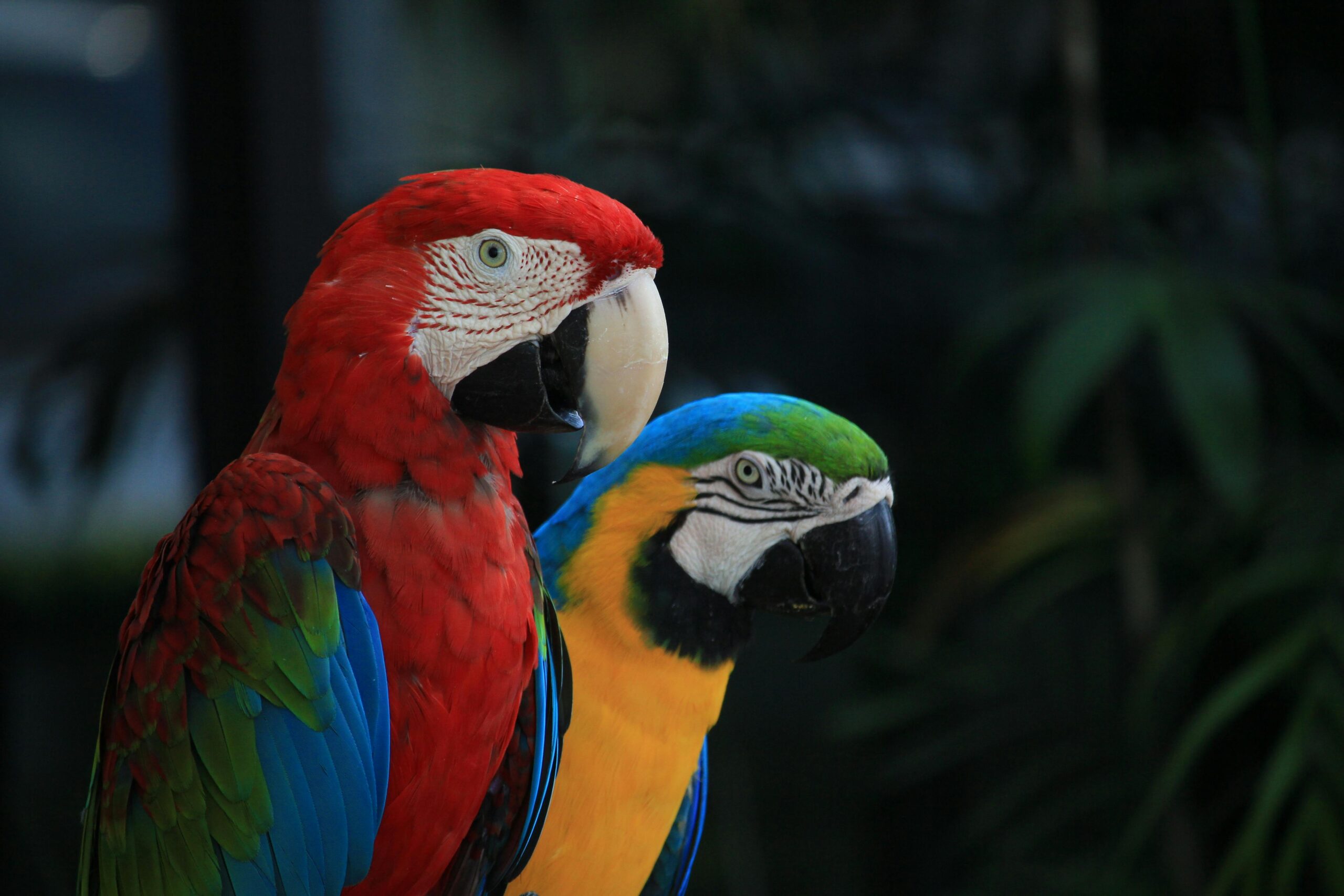
Why Quaker Parrots Illegal? Legal Ownership Explained
Quaker Parrot Ownership: Where Can You Legally Own One?
Table of Contents
- 1 Quaker Parrot Ownership: Where Can You Legally Own One?
- 1.1 Quaker Parrot Ownership: Understanding the Basics
- 1.2 Quaker Parrots: Why They’re Popular Pets
- 1.3 Quaker Parrot Laws: Navigating Legal Restrictions
- 1.4 Essential Quaker Parrot Care: A Comprehensive Guide
- 1.5 Quaker Parrot Diet: Ensuring Nutritional Needs
- 1.6 Quaker Parrot Socialization & Mental Stimulation: Essential for Happiness
- 1.7 Illegal Quaker Parrot States: A Legal Overview
- 1.8 Quaker Parrot Legality: State-by-State Breakdown
- 1.9 FL & TX Regulations: Special Considerations
- 1.10 Quaker Parrot Permits & Regulations: What You Need to Know
- 1.11 Quaker Parrot Lifespan & Care: A Long-Term Commitment
- 1.12 Quaker Parrot Health & Wellbeing: Ensuring a Happy Bird
- 1.13 Quaker Parrot Ownership: Joys & Responsibilities
- 1.14 Responsible Bird Ownership: Advocating for Ethical Care
- 1.15 Join the Quaker Parrot Community: Connect & Learn
What delightful creatures Quaker parrots, also known as monk parakeets, are! Their vibrant green plumage and their friendly, sociable nature make them not just ideal pets, but also a source of endless joy and companionship.
While the idea of owning a Quaker parrot may seem straightforward, the reality is quite complex. The legalities of Quaker parrot ownership vary significantly across the United States, making it a potential challenge for prospective owners.
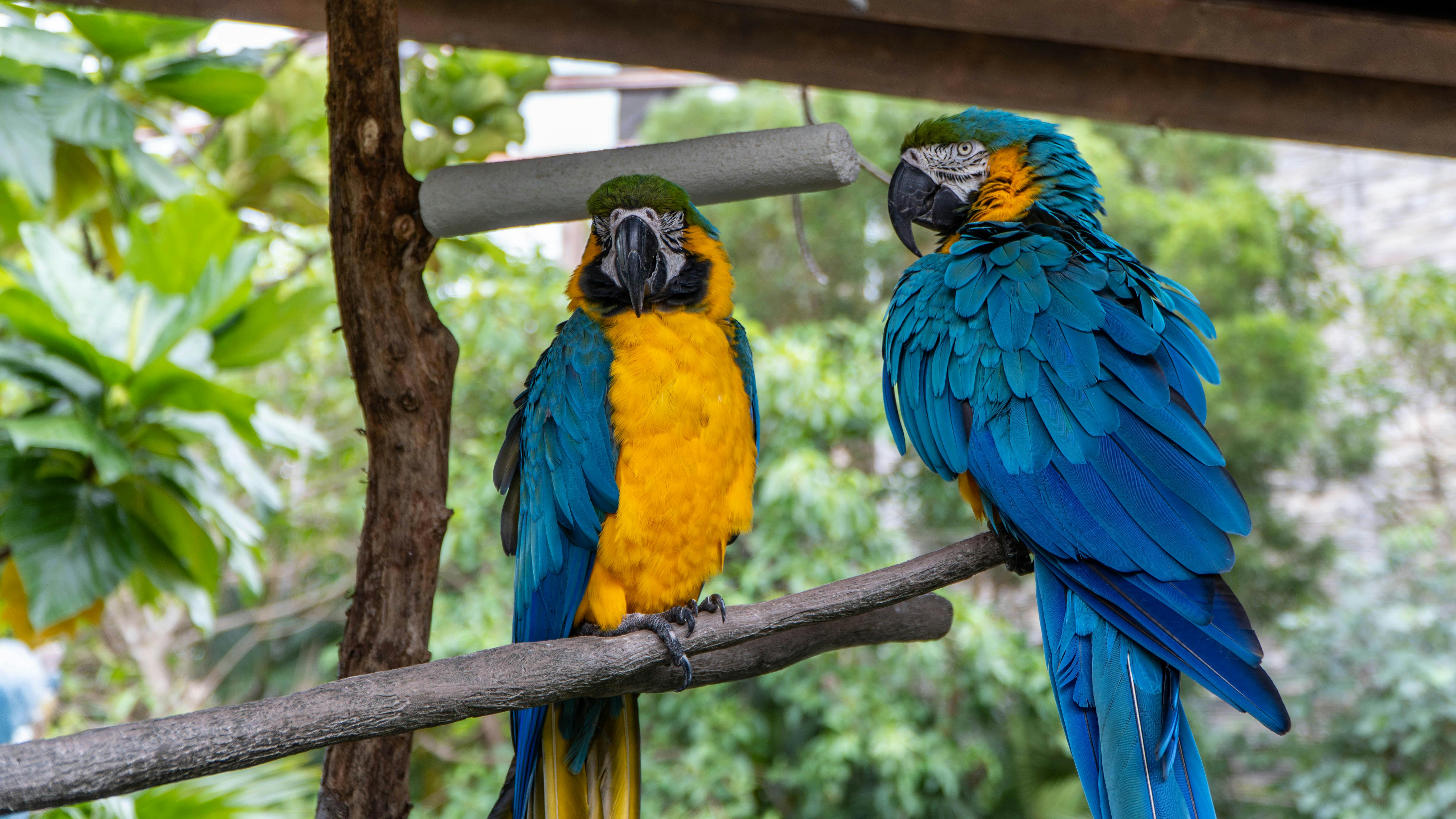
Some states allow completely legal possession of these birds, while others restrict it or ban it outright. This largely relates to these birds’ potential threat to local ecosystems and agriculture.
So, where can one legally own a Quaker parrot? A look into the legality and implications on ownership across the U.S. reveals where these birds are likely legal and why they are illegal.
We will discuss the legal ownership of a Quaker parrot and care tips for it regarding diet and social interaction.
This guide is designed with a singular purpose: to equip you with the knowledge of the legalities and care requirements of owning a Quaker parrot. Understanding these intricacies is crucial for ensuring the ideal and healthy life for your pet, and for abiding by the law as per local regulations.
So, let’s go on this journey together. Let’s explore the interesting world of Quaker parrots and the legality of owning them.
Quaker Parrot Ownership: Understanding the Basics
Owning a Quaker parrot is a commitment that goes beyond providing food and shelter. These intelligent birds require a deep understanding and dedicated care. Their lively personalities make them wonderful companions, but they also require careful attention to their needs.
Potential owners should inform themselves accordingly before going into ownership. Not only do these birds need proper attention, but they also require social interaction with other animals. Being successful in ownership begins with understanding those important aspects.
Although most parrots are social creatures, Quaker parrots might cling to their owners and other kinds of birds. If deprived of proper interaction with them, such birds can develop certain behavioral problems.
Besides, it is necessary to know about its legal ramifications. Regional governments differ widely on laws concerning the ownership of a Quaker parrot. Infringement of those laws could have devastating consequences for the owner and for the bird.
To be successful owners of Quaker parrots, one must know about their care. Quaker parrots need a balanced and nutritious diet and enough mental and physical stimulation. All these aspects contribute valuably to their health status and general wellbeing.
The following will sketch out why quake parakeets have become such popular pets. It also looks into the complete legal framework for having them at home, enabling potential owners to really reap great satisfaction from these beautiful ones through proper nurturing.
Quaker Parrots: Why They’re Popular Pets
The Quaker parrot’s speaking capacity really attracts the majority of bird owners. Also, when properly handled, the Quaker parrot can imitate a number of sounds and words. This special gift makes great appeal among bird lovers.
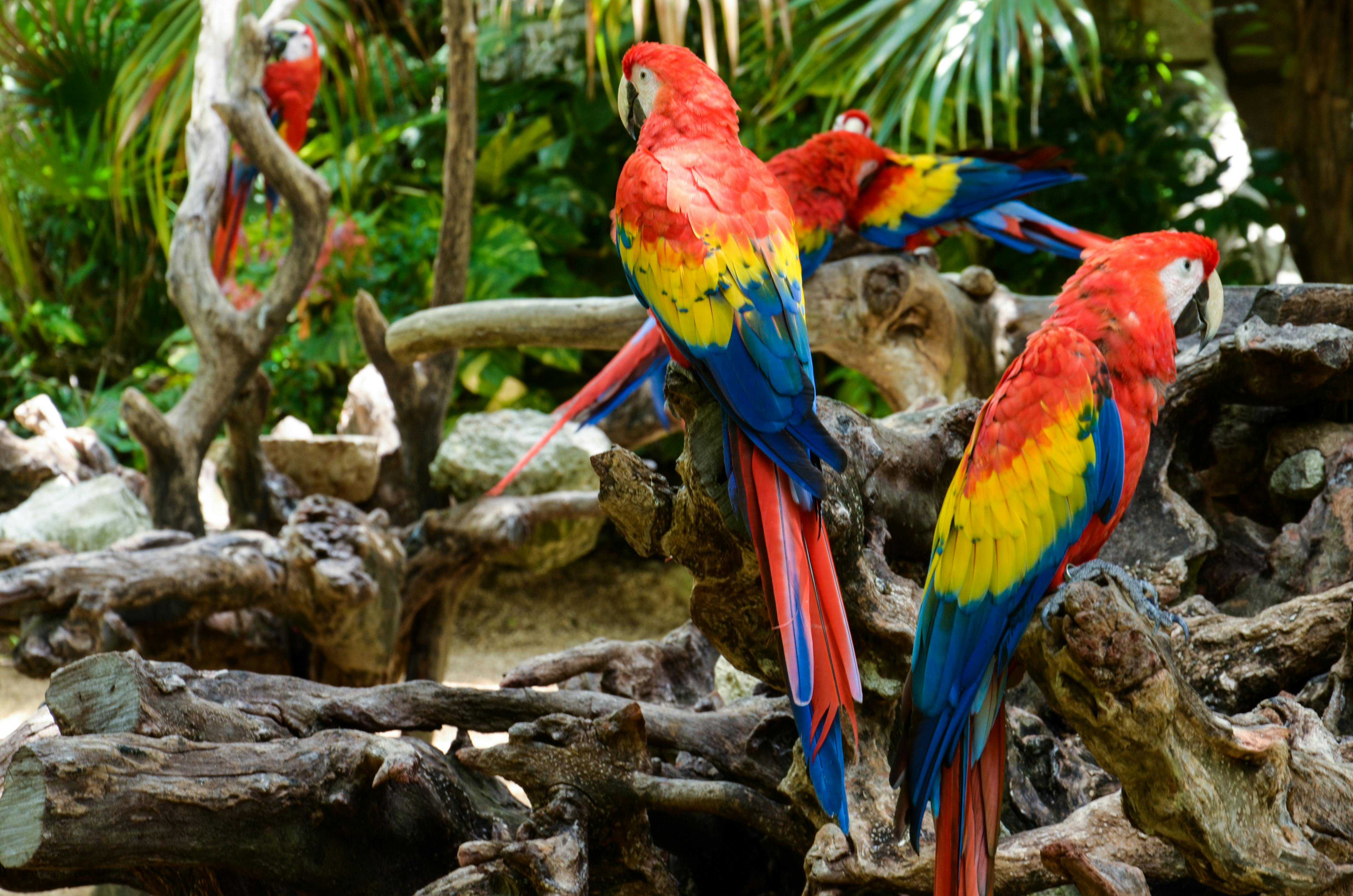
Moreover, it is a very social bird. Quaker parrots want to interact with their avian friends and be part of the family. That need for contact can often create strong bonds with their human caregivers.
They are a perfect-sized bird for many homes. They are smaller than larger parrots and, thus, need less room. Still, they offer the same love and personality as larger generations, making them a good choice among pet parents.
The laws of ownership regarding the Quaker parrot remain convoluted. Many laws are state laws, but variations in city law could also exist. This could and usually does confuse prospective owners when it comes to understanding local laws concerning that ownership.
In some areas, owning Quaker parrots is prohibited entirely. This is mainly attributed to environmental concerns, such as establishing feral populations of the birds that may impact local ecosystems.
In some places, ownership is possible with permits. Such permits ensure responsible ownership, help regulate the population, and may require things like microchips and regular inspections.
State-Specific Restrictions: A General Overview
- Illegal: California, Connecticut, Georgia, Hawaii
- Permits Required: Kentucky, Pennsylvania
- Allowed: Texas (with local exceptions)
Regrettably, it would take a long time to learn the respective laws to avoid legal problems when owning a Quaker parrot. It will also help the owner visit local headquarters and ensure that the respective information is valid.
Knowledge of these legalities can help protect both the bird and its owner from potential problems. Ultimately, such understanding facilitates responsible and informed Quaker parrot ownership.
Essential Quaker Parrot Care: A Comprehensive Guide
Proper care of the Quakers demands great attention focused on understanding their physical and emotional needs. Nail care essentials help guarantee a long and healthy life full of happiness.
Quaker parrots need a rather large cage to suit their active lifestyle. The cage should allow enough room for flying and climbing. It is also helpful for them to get outside the cage now and then, under supervision, for some play.
Moreover, the environment within the cage must be stimulating. These birds love to explore and nibble. Parrots enjoy toys and branches that simulate their natural surroundings to satisfy that curiosity further.
Regular and frequent check-ups by the veterinary doctor are important to ensure health and assist in the early detection of health problems. Routine check-ups and vaccinations are very important in extending the lifespan of your pet. If you consider supplements, too, then think about a discount on pet care products to guarantee the best for your parrot while saving money.
Owners should watch for common illnesses. These include obesity, feather-picking, and respiratory diseases, which most commonly affect Quaker parrots. Early intervention can nip the problem in the bud.
The last and one of the most important aspects is behavior management. Most training focuses on curbing territorial impulses and promoting interaction. The more the training is practiced within certain bounds of authority, order, and system, the more balanced the pet will become.
Quaker Parrot Diet: Ensuring Nutritional Needs
A nutritious, balanced diet is not just vital, but a responsibility for a Quaker parrot owner. It provides the necessary nutrients and helps prevent disease, ensuring the best possible health for your feathered friend.
Recommended Quaker Parrot Foods: A Detailed List
- Fruits: Apples, grapes, bananas, berries
- Vegetables: Carrots, broccoli, leafy greens, peas
- Seeds: Sunflower, millet (moderate amounts)
- Pellets: Commercial pellets for basic nutrition
Variety is important. Try mixing fresh food and pellets. Your new parrot should always have fresh water, but you can change it twice or more per day if necessary. Some poisonous foods to birds include chocolate, caffeine, and alcohol.
Overfeeding seeds leads to obesity, a major issue with Quaker parrots. Therefore, moderation is essential for seeds and fats so that keeping the parrot healthy can be easy. When handled well, these birds can last many years.
Quaker Parrot Socialization & Mental Stimulation: Essential for Happiness
Quaker parrots require a generous amount of social activity each day. Their social nature calls for constant engagement to ward off loneliness. Isolation leads to stress and behavioral problems.
Interacting with your parrot always brings wondrous enjoyment. Just chatting, whistling, or playing games enhances the bond. It also gives a good boost towards stimulating their mental faculties.
Again, another thing outside human interaction that is so very important is toys for keeping their mind stimulated. Rotating toys often will be quite helpful in keeping the environment fresh and avoiding boredom. Varying textures and colors spark curiosity and, in the process, learning.
Consider also teaching them some tricks or commands. Learning activities are stimulating for the mind and entertaining. Training builds trust and communication, which is useful for behavior management.
Encouraging social interaction is critical for spontaneous brain activity in Quaker parrots. This is important for their happiness and mental health. With the active participation of the owners, life for a parrot can be enormously enriched.
Illegal Quaker Parrot States: A Legal Overview
Quaker parrots are some of the cutest pets today, but they are legal issues in several states based on various perceptions that they’ll disrupt the local ecosystem. Hence, legal regulations were developed against them, prohibiting their possession in some states.
Many states are wary of them since they might establish an invasive population. Wild Quaker parrots can build a large number of nests that may damage the surrounding infrastructure. These nests may interfere with power lines and agriculture.
An intended owner should know. State laws differ greatly about ownership. Being informed allows one to ensure that pet ownership fits with existing legal constraints.
Restricted States: A List of Locations
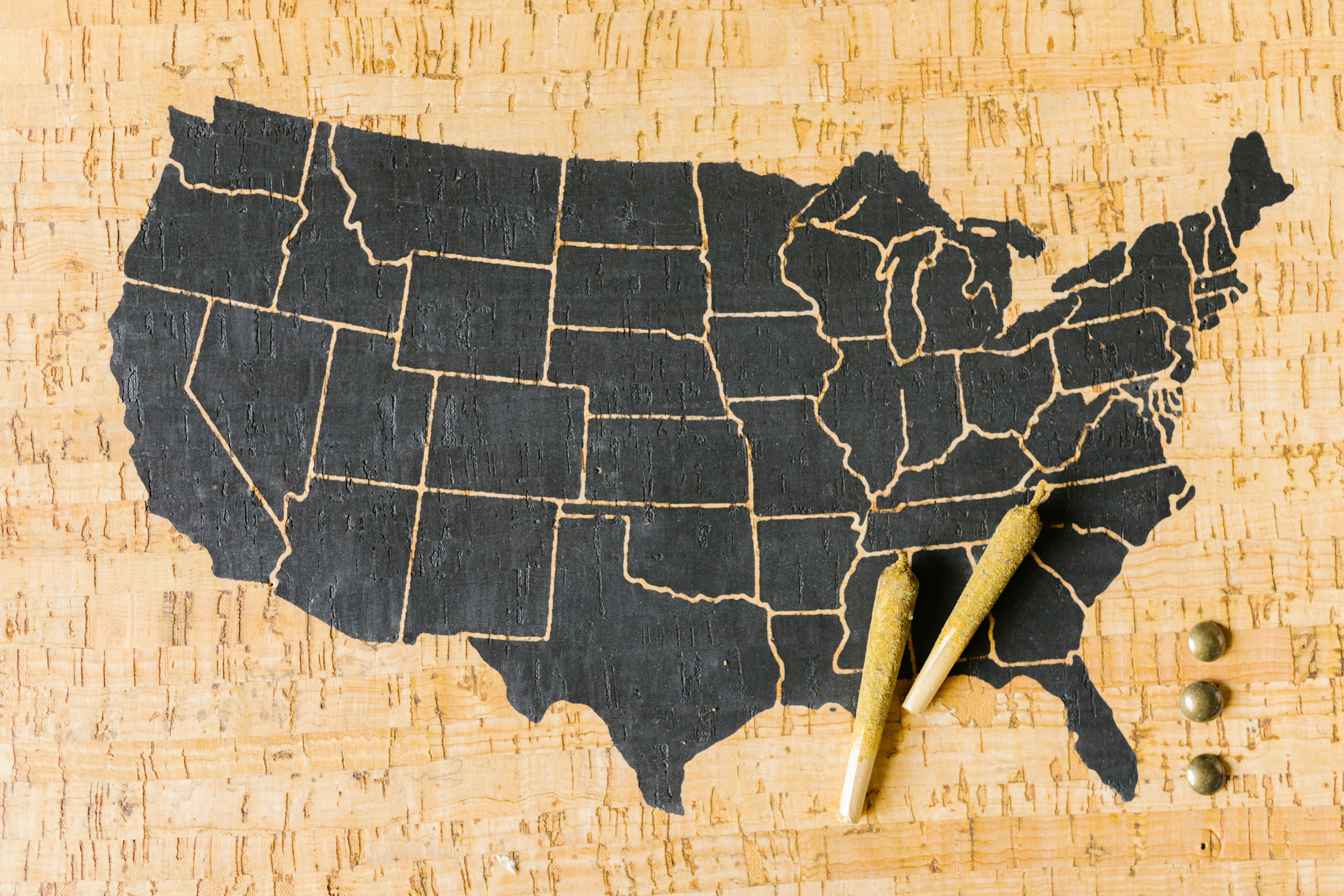
- California: Ownership and sales are banned
- Connecticut: Importation and ownership require permits
- Georgia: Ownership is prohibited without a permit
- Hawaii: Strictly illegal due to ecological concerns
- Pennsylvania: Ownership necessitates special permits
- Tennessee: Permit required for ownership and transport
These laws mostly arise under the guise of environmental preservation. The Quaker parrot could potentially outcompete native species, disturbing the local biodiversity. Legislators in place plan to safeguard society from the public threats that Quakers pose through laws.
Keeping abreast of such restrictions not only helps avoid legal issues but also promotes responsible pet ownership. State and local laws must be analyzed thoroughly.
Quaker Parrot Legality: State-by-State Breakdown
Finding where Quaker parrots are legal requires exploring each state’s precise laws. Each has a different perspective on ownership based on local ecological considerations.
In California, the law is strong against keeping Quaker parrots. The state cites the threat of creating invasive populations, for which there are restrictions on owning them to protect native species.
Connecticut permits ownership but requires a documented permit. The official documentation helps monitor the distribution of quaker parrots. Permits ensure responsible ownership and protection of the animals and the ecosystem.
While this one’s a little dicey, Georgia allows Quaker parrots under certain conditions. A wildlife permit needs to be secured from the Department of Natural Resources. This approach balances pet ownership with environmental conservation.
Hawaii’s weather makes it unfit to keep a Quaker parrot there. The other area is living conditions, and breeding in the wild, as the species gets established, can wreak havoc on the ecosystem. Ownership is considered a threat to balance in nature; hence, it’s banned.
While ownership is possible in Kentucky, it often comes with restrictions to check within specific city regulations, such as finding any citizenship laws for municipal guidelines.
In Pennsylvania, there will be a permit policy regarding these birds. Ownership depends on having and maintaining the required documentation. Because of this advantage, the birds’ possession is controlled and permitted primarily.
Wildlife permits and licenses have been implemented in Tennessee. Such techniques aim to monitor Quaker parrots’ possession and keep a keener eye on their ecology. They also reflect the care with which the state is balancing ownership and ecology.
Certain states, like Wyoming, have an ambiguous policy avenue while allowing ownership. Under set guidelines, breeding controls would be strictly enforced. These measures would attempt to avert the commencement of feral populations.
FL & TX Regulations: Special Considerations
Quaker Parrots have yet to become illegal in Florida; however, they haven’t become unrestricted either. The state recognizes their existence and notes their ecological status. Hence, regulating laws have been enforced to monitor the number of the species.
Florida also restricts the ways people can keep this lifestyle species, such as inspecting or registering them. These protection measures limit the field for invasiveness.
A little milder toward Quaker parrot ownership, on the whole, the freedom given in Texas regarding ownership becomes graver as numerous cities could impose local regulations that a state would permit.
It’s important to be familiar with local regulations regarding Quaker Parrot ownership in Texas so as not to breach city codes. Following this would protect against other eventualities with legal problems.
In both Florida and Texas, it becomes very important to update these regulations regularly as things keep changing. All laws may vary according to local environmental assessments from time to time. This will prevent an illegal Quaker parrot from staying with an owner.
Owning a Quaker parrot should not only require verification of its legality but also should coincide with local laws. Each state has specific requirements that can vary greatly. Familiarize yourself with these laws before acquiring a Quaker parrot.
Start by researching your state’s wildlife regulations. Look through your state’s wildlife agency’s website. And this is necessary to know what to expect concerning legalities.
If permits are required, apply well in advance. Some states require tireless work to process detailed documentation and background checks. Submitting complete applications will save much time that could have gone to delays.
Quaker Parrot Permits & Regulations: What You Need to Know
Quaker parrots are generally legal to keep as pets, but permits are often required. This not only helps regulate but also monitors their numbers in any state. Permits usually go through several key processes to obtain permission.
Begin by gathering documentation, such as proof of source. Most states will want to see either a sales receipt or a breeder’s registration. That’s how you can prove that it was legally obtained and demonstrate a sincere intention of owning it.
Some states require inspection on a scheduled basis. Timelines vary, so ensure you follow them religiously if you want your documents in order. At all times, being compliant sustains your rights concerning ownership.
Quaker Parrot Lifespan & Care: A Long-Term Commitment
Quaker parrots can live between 20 and 30, possibly longer where well cared for. The impressive lifespan makes owning a Quaker parrot—and you must consider its long permanence yourself. Be prepared for a normal commitment cycle so your feathered friend can live well and happily.
Being agile and quite intelligent, these parrots require regular mental and physical stimulation, most of which should be provided with various toys and puzzles. Thus, the environment wherein a Quaker parrot stays should make it rich in consciousness and fulfillment.
Interaction with them forms part of their very essence of care. They need companions, either people or other birds; Quaker parrots can develop anxiety and behavioral issues without proper companionship.
They keep a very long line, building good practices for attention and care. Routine cage cleaning and feeding schedules will keep those birds healthy. By following these practices and proper time ownership, the owners will maintain good relations with their feathered companions.
Quaker Parrot Health & Wellbeing: Ensuring a Happy Bird
The health of your Quaker parrot is one of the most critical determinants of their longevity. Regular veterinary checks will detect potential health problems early. Your avian vet becomes an important partner in nurturing your parrot’s wellbeing.
Common problems include feather plucking, obesity, and respiratory infections. Owners should be alert for any signs of distress or illness. The earlier the intervention, the less complicated the condition will generally be, and recovery will be expedited.
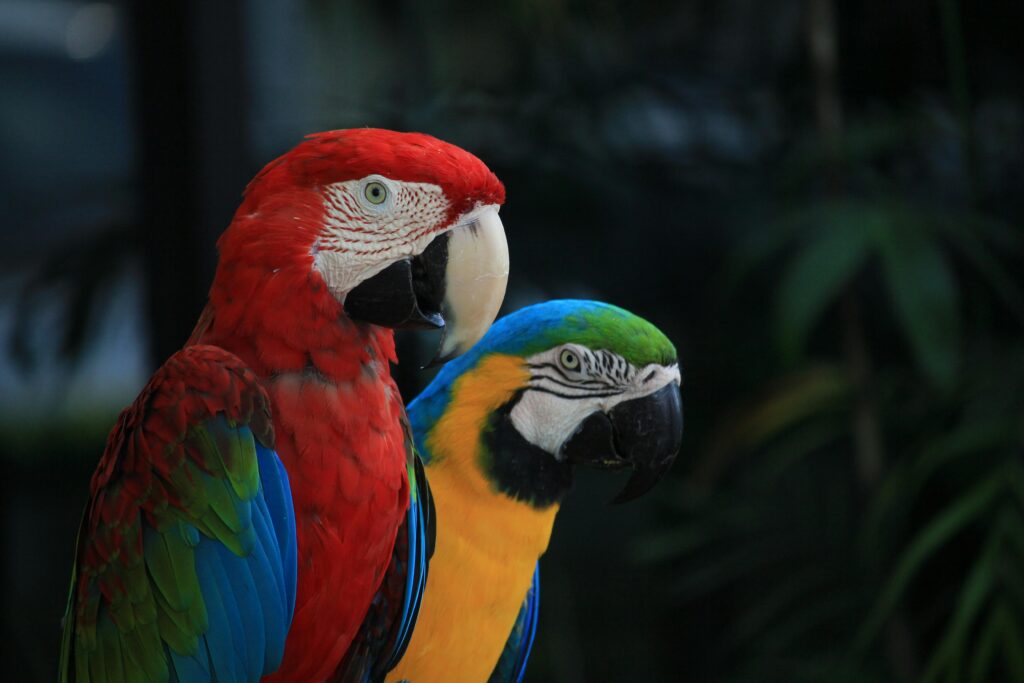
A well-balanced diet contains absolutely everything your parrot requires. Ensure your pet consumes a diet that incorporates everything from fruits, vegetables, and seeds to pellets. This helps to lubricate all of the bodily functions.
Quaker Parrot Ownership: Joys & Responsibilities
Quaker parrots are delightful birds but present remarkable challenges. These social and intelligent creatures grow fond of their owners and demand time, commitment, and sincere work to keep them happy.
Knowledge of their needs ensures a rewarding relationship with any parrot. The first steps are understanding the legal landscape and embracing the ethos of responsible ownership. An appropriately cared-for Quaker parrot can be a fantastic and nurturing companion over the years.
Responsible Bird Ownership: Advocating for Ethical Care
Although responsible bird ownership means a serious commitment to lifelong care, the fundamental truth is that dedication will ensure your parrot a stable, friendly place to thrive in its entire lifetime. You have to know your obligations and constantly ensure the welfare of your bird.
Educate others to come into ownership with a greater understanding of the needs. Share knowledge about Quaker parrot care and legal considerations. Increased awareness will improve the lives of the birds and their owners.
Join the Quaker Parrot Community: Connect & Learn
Join a thriving community of people who entertain Quaker parrots. Participation through a community provides a great deal of support, sources, and experiences shared. Attend discussions on the Internet as well as those locally.
Learn to benefit from people with years of experience keeping parrots and share tips and tricks. Contribute by helping improve the community towards responsible ownership. Begin the journey of Quaker parrot ownership and make a positive choice for others.


